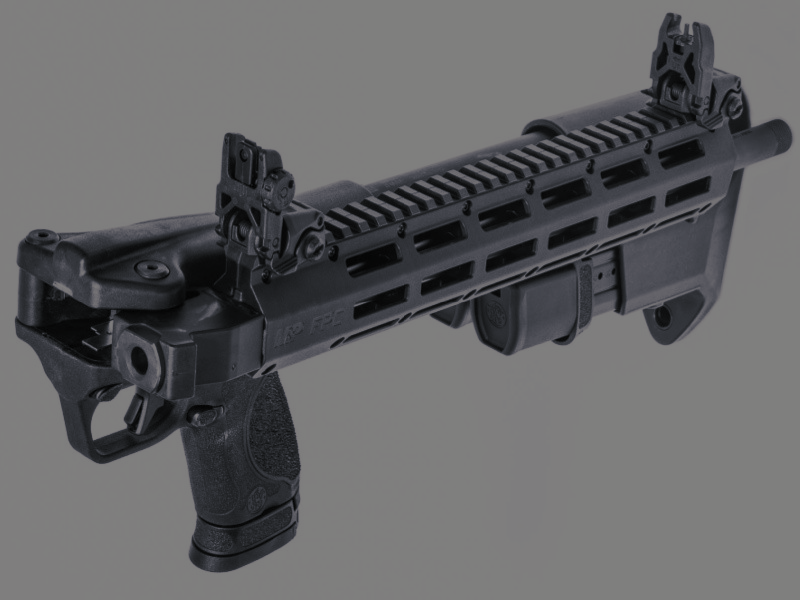
FPC vs PPC Pros & Cons
The pros and cons of purchasing the Smith & Wesson FPC (Folding Pistol Caliber) 9mm carbine compared to the PPC (Pistol Caliber Carbine). These two firearms offer distinct features, so let’s break it down.
Smith & Wesson FPC (Folding Pistol Caliber) 9mm Carbine:
Compact and Foldable Design:
The FPC folds in half, reducing its overall length for discreet storage and easy transport.
Ideal for covert carry or stowing in a vehicle.
Compatibility with M&P Magazines:
Feeds from standard M&P 9mm 17- and 23-round magazines.
If you carry an M&P pistol, you can use the same magazines for both.
Versatility in Ammo Selection:
Chambered in 9x19mm, it accommodates a wide range of defensive and training loads.
Accessory-Friendly Features:
1/2×28 barrel threads for muzzle devices or suppressors.
Polymer M-LOK handguard for mounting accessories.
Top M1913 rail for iron sights and optics.
Smith & Wesson PPC (Pistol Caliber Carbine):
Traditional Design:
The PPC follows a conventional layout without folding capabilities.
Longer overall length but potentially better balance and handling.
Sturdy Construction:
Robust build with a fixed design.
May appeal to those who prefer a classic feel.
Magazine Compatibility:
Also uses standard M&P 9mm magazines.
Familiarity for M&P pistol owners.
No Folding Mechanism:
Lacks the compactness of the FPC.
Not as discreet for storage or transport.
Conclusion:
Both the FPC and PPC are lightweight, accurate, and reliable. The FPC shines in its foldable design and compatibility with M&P magazines, while the PPC offers a more traditional approach. Consider your priorities—covert carry and compactness vs. familiarity and simplicity—when making your choice123. Happy shooting!